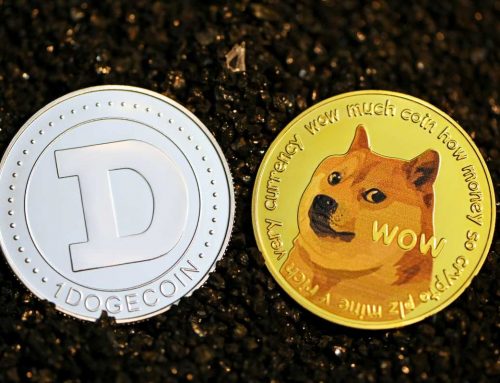Bitcoin is a decentralized digital currency that was created in 2009 by an unknown individual or group of individuals using the pseudonym “Satoshi Nakamoto.” It is based on a peer-to-peer network and operates without a central authority, such as a bank or government. Transactions are recorded on a public ledger called the blockchain, which allows users to verify the authenticity of transactions and prevents fraud.
One of the key features of Bitcoin is its limited supply. There will only ever be a total of 21 million Bitcoins in circulation, with approximately 18.7 million currently in circulation. This limited supply is intended to ensure that the value of Bitcoin does not depreciate over time due to inflation, as is the case with traditional fiat currencies.
Another important feature of Bitcoin is its decentralization. The decentralized nature of the Bitcoin network means that it is not controlled by any single entity, such as a bank or government. This makes it resistant to censorship and allows users to remain anonymous if they choose to do so.
One of the main advantages of Bitcoin is its potential for fast and cheap transactions. Transactions on the Bitcoin network are typically completed within minutes and often have very low fees, making it a convenient and cost-effective way to transfer funds globally. This has made Bitcoin popular for a variety of purposes, including online shopping, international money transfers, and as an investment.
However, there are also a number of risks and challenges associated with Bitcoin. For example, the value of Bitcoin is highly volatile and has been known to fluctuate significantly in a short period of time. This makes it a risky investment and means that it may not be suitable for those looking to store their wealth in a stable asset. In addition, the lack of regulation and the anonymity of Bitcoin make it a popular choice for illegal activities, such as money laundering and drug trafficking.
Another challenge with Bitcoin is the energy consumption required to maintain the network. The process of mining new Bitcoins, which involves verifying transactions and adding them to the blockchain, requires significant amounts of energy. This has led to concerns about the environmental impact of Bitcoin mining, as well as the potential for mining to be concentrated in countries with cheap electricity, leading to centralization of the network.
Despite these challenges, Bitcoin has gained a significant following and has spawned a growing ecosystem of related technologies and applications. The underlying blockchain technology has been used to create a wide range of other digital assets and applications, including smart contracts and decentralized applications. In addition, Bitcoin has inspired the development of other cryptocurrencies, such as Ethereum and Litecoin, which have their own unique features and capabilities.
In conclusion, Bitcoin is a decentralized digital currency that has the potential to revolutionize the way we think about money and financial transactions. While it is not without its risks and challenges, its limited supply and decentralized nature make it an interesting alternative to traditional fiat currencies. Its growing ecosystem of related technologies and applications shows the potential for Bitcoin and blockchain technology to have a significant impact on various industries in the future.




